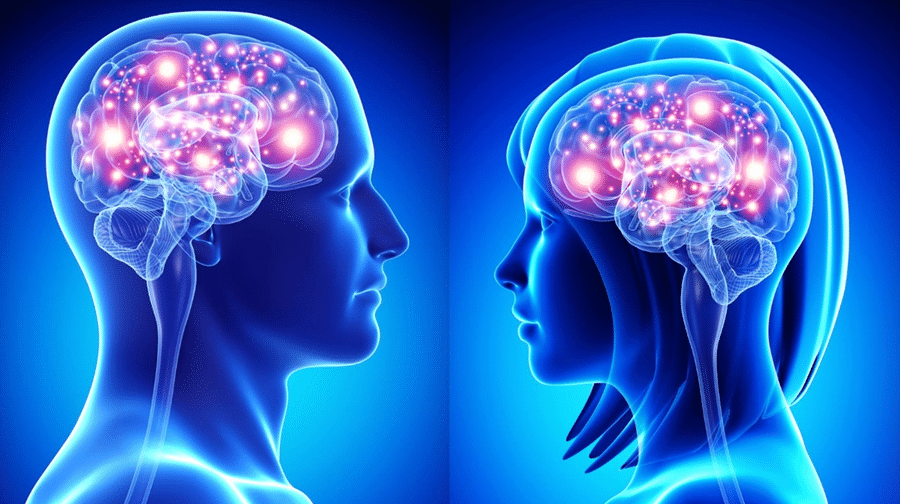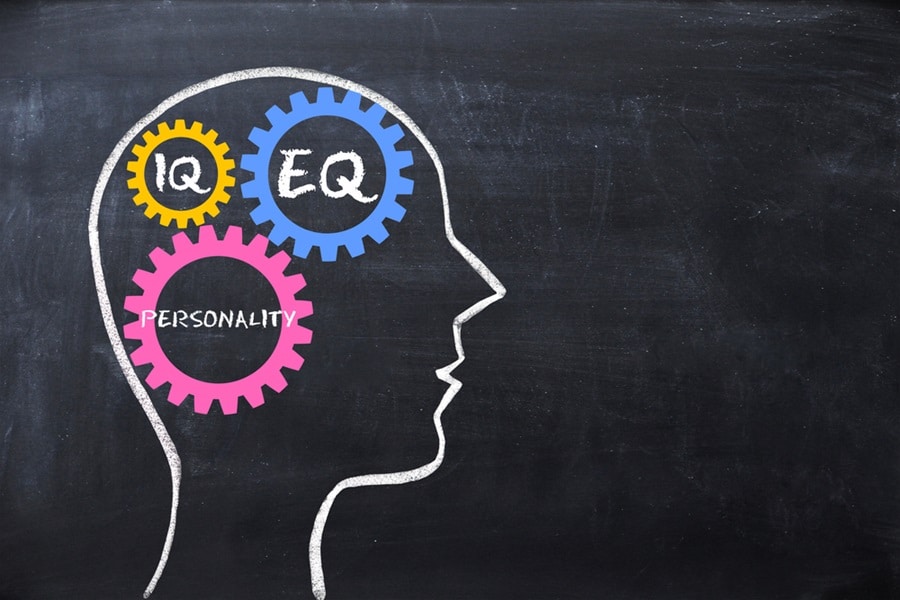I am sure that when many of us wake up, the first thing that comes to our minds is coffee. Coffee is like an instant energy booster. When it goes in, it sort of charges our body’s battery for the rest of the day. It is not new to us that what gets us charged is caffeine present in the coffee. Here’s a fun fact. Caffeine is the world’s most consumed psychoactive substance. There is something so soothing about drinking that cup of coffee or having that energy drink after a game. But it all comes down to this- is consuming caffeine good or bad for you?
Everything in this world, including caffeine, has a good and a bad side. Earlier theories and studies suggested that consuming caffeine every day has negative effects on the body. But recent studies give us an idea that caffeine gives more benefits to your body than it harms. But that does not mean you should treat yourself to 8 or 10 cups of coffee every day. You don’t want to do that. Too much caffeine, whether you take it like coffee or maybe an energy drink, is bad. It can cause high blood pressure, precursor heart disease, and much more stuff you don’t want. Below are some stated facts about consuming caffeine.
Contents
- 1 Benefits Of Consuming Caffeine
- 2 Makes You Active and Energized For The Whole Day
- 3 Helps Burn Fat
- 4 Contains Necessary Nutrients
- 5 May Protect One From Alzheimer’s Disease And Dementia
- 6 Increased Sports Performance
- 7 Negative Effects Of Caffeine On The Body
- 8 Anxiety
- 9 Insomnia
- 10 High Blood Pressure
- 11 Addiction
- 12 Fatigue
- 13 Conclusion
Benefits Of Consuming Caffeine
Makes You Active and Energized For The Whole Day

Obviously, this is the first thing that comes to our mind when we think about drinking coffee. The amount of energy it gives you is insane. But how does it provide us with energy? Simple. The answer is caffeine. When you drink coffee, caffeine enters your bloodstream, and from there, to your brain. When it reaches the brain, it blocks a specific type of neurotransmitter called adenosine. Other neurotransmitters like dopamine increase when this occurs, which shoots neurons, giving you an exciting feeling.
Helps Burn Fat

This does not mean you should depend solely on coffee if you lose weight. A lot of studies suggest that caffeine can boost your metabolic rate by 4-12%. After that, it’s basic science. Low metabolism means your body retains calories. A high metabolic body burns calories way faster, resulting in weight loss.
Contains Necessary Nutrients

Coffee beans contain a lot of essential nutrients for the body. Luckily these nutrients don’t drift away while we brew coffee. A regular cup of coffee contains:
- Riboflavin(vitamin B)
- Vitamin B5
- Manganese
- Potassium
- Niacin
Though these nutrients don’t grab much of people’s attention while they enjoy their cup of coffee, these nutrients still add up and make their way into the body, only benefiting it.
May Protect One From Alzheimer’s Disease And Dementia

Alzheimer’s is one of the most well-known disorders in the human brain, leading to temporary or permanent dementia. It usually occurs to people aged above 65 years, and there is no cure. However, there are a few things you could do to prevent it from happening. Eating healthy and working out is the foremost. With that, drinking coffee helps a lot. Studies show that regular caffeine consumers have up to 65-70% lower chance of developing Alzheimer’s disease.
Increased Sports Performance

The European Food Safety Agency or EFSA showed that caffeine increases endurance performance and capacity and reduces exertion. However, people who consume excess will not benefit their bodies.
Negative Effects Of Caffeine On The Body
Anxiety

Caffeine is famous for alerting your body. However, when you consume it at higher doses, it becomes more effective, leading to anxiety and nervousness. According to the Diagnostic and Statistical Manual for Mental Disorders(DSM), anxiety is one of the caffeine-related syndromes. In addition to that, a high amount of caffeine also causes rapid breathing and increased stress levels when one consumes it together.
Insomnia

People like caffeine because of its ability to help one stay alert and awake. But on the other hand, too much consumption of caffeine leads to insufficient sleep. Studies suggest that consuming a high amount of caffeine makes it difficult to sleep on time and reduces sleep time. If a person does not get enough REM sleep, he/she can be highly frustrated the next day, can show signs of low productivity and decreased energy levels. In addition, researchers claim that caffeine stays up to 5 hours in your body. So at least 5 hours before your bedtime, you should not consume caffeine.
High Blood Pressure

One might confuse this with the increase in heart diseases. It does not increase the risk. But caffeine surely has shown an increase in blood pressure due to its effect on the nervous system. Increased blood pressure then leads to heart strokes because it damages arteries over time. Luckily, this effect of caffeine seems to be temporary. It has the strongest effect on those people who don’t consume caffeine regularly.
Addiction

No matter how many benefits of caffeine a person or even a doctor tells you, no one can agree that it is not addictive. Caffeine is one of the most addictive substances in the world. However, it is not as addictive as cocaine or any other synthetic substance. However, it triggers parts of the brain, as synthetics do. It may also lead to complete physical/psychological dependency if taken in high amounts. However, you don’t need to worry about it being addictive if you consume it responsibly. You only depend on caffeine if your intake is more than required, and that too regularly.
Fatigue

Caffeine is known to increase energy levels in your body and brain. But on the other side, it is also known to cause tiredness and fatigue the next day of consumption of high dosage of caffeine. So, of course, if you consume caffeine the next day also, it’ll stop the fatigue from causing, but at the same time, you may lose the ability to sleep for a long time.
Conclusion
When you consume anything at a very high amount, it is not healthy; even water causes certain discomfort, like bloating. Anything and everything consumed at the recommended level gives you only benefit. It is when you start consuming it in high dosage that it will cause problems. Consumption of caffeine can be highly beneficial for you if taken responsibly and can cause havoc if misused.


